Euro elections – what will happen in the South West?
The European Parliament constituency of South West England will elect six MEPs on May 22nd to represent a large area with a few big cities (like Bristol and the Bournemouth/Poole area) and a lot of rural landscape. Last time, the Conservatives gained half the region’s seats. The Tories can expect to come top in vote share again, but an improved Labour showing should mean that they take one Tory MEP’s seat. Meanwhile, the Liberal Democrats will have a tough fight to hold on to their sole MEP in the region, according to the Democratic Audit team. Finally, UKIP should run more strongly, but may not gain more than its current two seats, unless it surges into the lead.
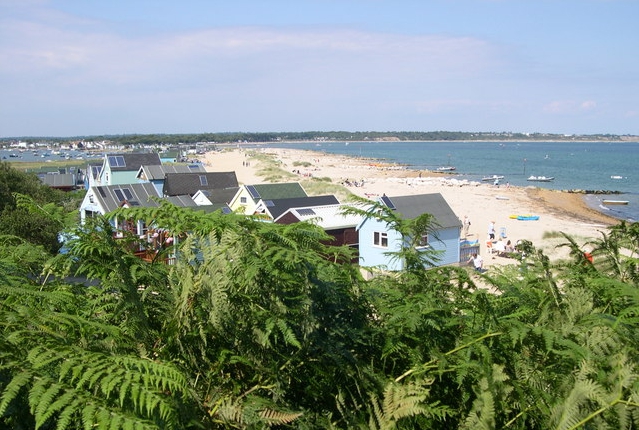
Looking down the spit towards Mudeford, Dorset Credit: John Goldsmith CC BY-SA 2.0
In Westminster terms the south west region has been seen as a stronghold for the Conservative Party, with some strong areas of Liberal Democrat challenge, and with Labour present only in the biggest cities like Bristol. UKIP is strong mainly at European elections.
In previous elections of MEPs held under the list PR system, the Conservatives have seemed to win comfortably in south west England, although they have actually seen their vote share gradually decline since 1999. In 2009 they gained half of the region’s MEPs on the basis of under a third of the votes, benefiting strongly from the specific form of List PR used in the UK (called the d’Hondt system), which favours the largest party when opposition votes are fragmented across many different parties. In 2009 UKIP ran in second place and won two seats, beating the Liberal Democrats into third despite this being one of their heartland regions in Westminster politics. Labour gained no MEP in the region, because its vote share fell sharply, from second place in 1999 to fifth place in 2009, with even the Greens succeeding in running above them. Lastly in 2009 the BNP got less than 4 per cent of votes. The full results for 2009 appear below.
Table 1: What happened in the South West last time, June 2009
Note: Our vote data are rounded to the nearest thousand votes. Exact 2009 results are available from UK Polling Report here. Giles Chichester and Trevor Colman are both standing down, however the other incumbents will seek re-election.
What could happen in 2014?
The Conservatives always run strongly in this region and they will aim to succeed in holding onto their vote share. But unless the Tories can actually increase their votes they are still likely to lose one of their seats – because they were so radically over-represented in 2009 as a result of a fragmented opposition. This time things will change because UKIP is surging in polls nationally (although the south west is not one of their regions of huge strength). UKIP are almost certain to benefit also from the national collapse in the BNP’s vote. Yet to do better than their two MEPs last time Farage’s party need to actually pass the Tories in vote share, a tough call in this traditionally small c conservative region. Table 2 shows our simplified ballot paper for 2014 highlighting these considerations.
Table 2: Simplified ballot paper
Labour were at an electoral nadir in 2009, and so this year they can expect to see their vote share pick up sufficiently with their national revival. They should comfortably pass the level needed to win a seat in this region. The Liberal Democrats will hope to hang on to their current experienced MEP, despite the slump in the party’s national poll ratings, the UKIP surge and Labour’s revival. Their share of the vote will undoubtedly go down, but they have some cushion before they fall below the 10-11 per cent level where they would certainly lose the seat. A final joker in the pack are the Greens, who ran strongly in this region in 2009, have strong student support and usually come up in the polls at Euro elections. Again they would need to strengthen their support enough to pass the 10-11 per cent level needed to gain the last seat, an arithmetically achievable feat but tricky to accomplish given other strong trends.
The top parties’ candidates

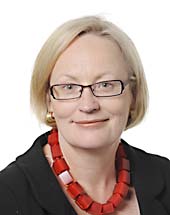
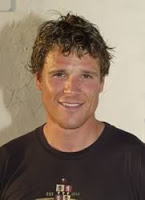 The Conservatives’ top candidate here is the incumbent Ashley Fox, first elected to Brussels in 2009. Before that he was a local Councillor in Bristol and a solicitor. The respected European think tank Votewatch EU gives a comprehensive record of his voting and activity record in Brussels, and a profile of his interests and views here. And his Twitter account is here. Julie Girling is another sitting MEP who is second on the Conservative Party’s list for this election, sitting since 2009. Her Votewatch EU profile is here and she too is on Twitter. While the top two have a good chance of being re-elected, the odds on winning are less favourable for James Cracknall the Conservatives third placed candidate. An ‘adventurer’ and athlete, he won gold for Britain in the 2000 and 2004 Olympic Games, before turning his hand to broadcasting and politics. He suffered brain injuries as the result of an horiffic accident in 2012. His Twitter account is here. The Tories are also fielding Georgina Butler fourth on their list, a former UK Ambassador who served in South America. The Conservatives would need to gain more than 40%+ of the vote for her to be elected, which seems highly unlikely.
The Conservatives’ top candidate here is the incumbent Ashley Fox, first elected to Brussels in 2009. Before that he was a local Councillor in Bristol and a solicitor. The respected European think tank Votewatch EU gives a comprehensive record of his voting and activity record in Brussels, and a profile of his interests and views here. And his Twitter account is here. Julie Girling is another sitting MEP who is second on the Conservative Party’s list for this election, sitting since 2009. Her Votewatch EU profile is here and she too is on Twitter. While the top two have a good chance of being re-elected, the odds on winning are less favourable for James Cracknall the Conservatives third placed candidate. An ‘adventurer’ and athlete, he won gold for Britain in the 2000 and 2004 Olympic Games, before turning his hand to broadcasting and politics. He suffered brain injuries as the result of an horiffic accident in 2012. His Twitter account is here. The Tories are also fielding Georgina Butler fourth on their list, a former UK Ambassador who served in South America. The Conservatives would need to gain more than 40%+ of the vote for her to be elected, which seems highly unlikely.
 The top UKIP candidate for the region is William Dartmouth, aka William Legge, tenth Earl of Dartmouth, who has been a MEP for UKIP since 2009. Previously a member of the Conservative Party, he sat in the House of Lords until 1999, when reforms to the chamber removed most of the remaining hereditary peers. His Votewatch EU profile gives details of his record in the European Parliament here. He looks certain to be re-elected this time. Also in with a very good chance of winning is the second candidate on UKIP’s list, Julia Reid. She is a biochemist, and a Councillor on Calne Town Council, with a Twitter account here. A very large (but still possible) UKIP surge would be needed for Gawain Towler to win a seat as the third candidate on UKIP’s list. He is the party’s Head of Communications, as well as working for EDF, the energy firm. His Twitter account can be found here.
The top UKIP candidate for the region is William Dartmouth, aka William Legge, tenth Earl of Dartmouth, who has been a MEP for UKIP since 2009. Previously a member of the Conservative Party, he sat in the House of Lords until 1999, when reforms to the chamber removed most of the remaining hereditary peers. His Votewatch EU profile gives details of his record in the European Parliament here. He looks certain to be re-elected this time. Also in with a very good chance of winning is the second candidate on UKIP’s list, Julia Reid. She is a biochemist, and a Councillor on Calne Town Council, with a Twitter account here. A very large (but still possible) UKIP surge would be needed for Gawain Towler to win a seat as the third candidate on UKIP’s list. He is the party’s Head of Communications, as well as working for EDF, the energy firm. His Twitter account can be found here.
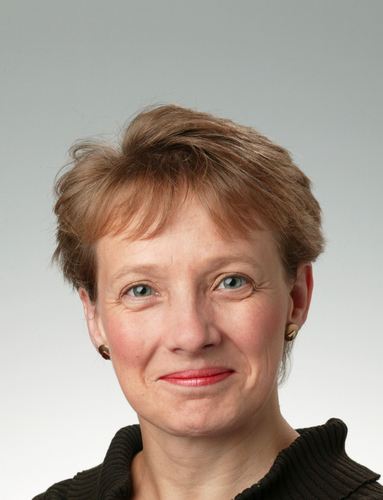 Labour should see their vote pick up in line with the party’s stronger national poll showing, so that their top candidate Clare Moody has a good chance of being elected, so even with if there is a UKIP surge. She currently works as an official for the trade union Unite, and previously stood as a Police and Crime Commissioner for Labour. Her Twitter account can be found here. She is joined on the ballot by Glyn Ford, who himself was an MEP between 1984 and 2009 at one point leading the Labour group.
Labour should see their vote pick up in line with the party’s stronger national poll showing, so that their top candidate Clare Moody has a good chance of being elected, so even with if there is a UKIP surge. She currently works as an official for the trade union Unite, and previously stood as a Police and Crime Commissioner for Labour. Her Twitter account can be found here. She is joined on the ballot by Glyn Ford, who himself was an MEP between 1984 and 2009 at one point leading the Labour group.
 The Liberal Democrats number one candidate is Sir Graham Watson who has been an MEP since 1994, when he was first elected to represent the pre-reform constituency of Somerset and North Devon, having previously worked as a banker and a political adviser. He became one of the South West region’s MEPs in 1999. In Brussels he is a well-known figure and the President of the pan-national Alliance of Liberals and Democrats grouping in the European Parliament. His Votewatch EU profile with details of his attendance record, committee assignments and other information is here. The Liberal Democrat’s second candidate is Kay Barnard, but it seems unlikely that the party can hope to do far better than in 2009, as they would need to do for her to have any chance of winning a seat.
The Liberal Democrats number one candidate is Sir Graham Watson who has been an MEP since 1994, when he was first elected to represent the pre-reform constituency of Somerset and North Devon, having previously worked as a banker and a political adviser. He became one of the South West region’s MEPs in 1999. In Brussels he is a well-known figure and the President of the pan-national Alliance of Liberals and Democrats grouping in the European Parliament. His Votewatch EU profile with details of his attendance record, committee assignments and other information is here. The Liberal Democrat’s second candidate is Kay Barnard, but it seems unlikely that the party can hope to do far better than in 2009, as they would need to do for her to have any chance of winning a seat.
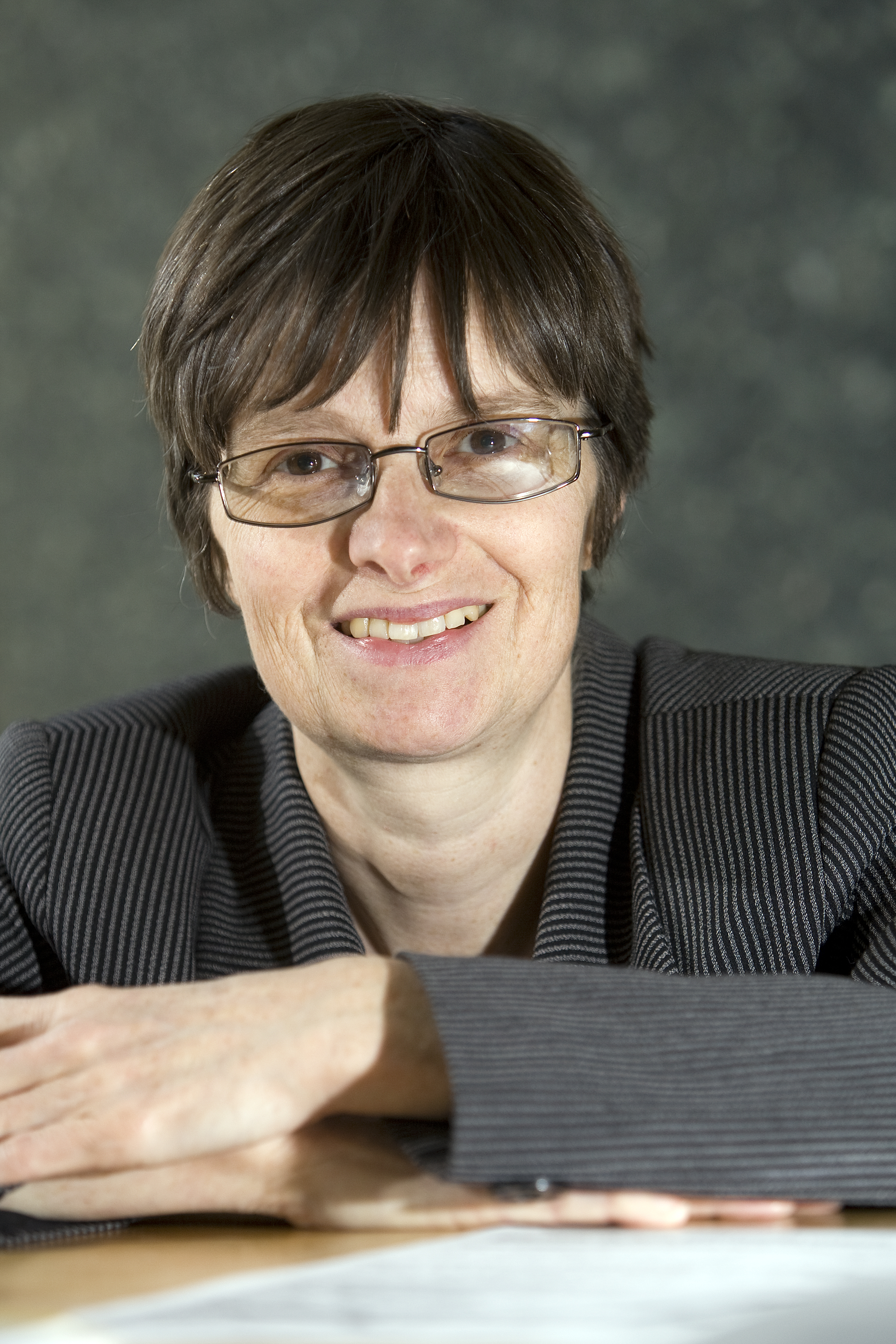 The Green Party’s top candidate is Molly Scott Cato, an economist and academic at the University of Roehampton. Her Twitter profile is here and her campaign Twitter profile is here. Last time the Greens were almost in contention to win a seat in the south west, and they would need to improve that score only slightly to do so this year. However, the tide is mainly running to Labour and UKIP this time, so this is a tough ask – and none of the other Green candidates stand any chance of being elected.
The Green Party’s top candidate is Molly Scott Cato, an economist and academic at the University of Roehampton. Her Twitter profile is here and her campaign Twitter profile is here. Last time the Greens were almost in contention to win a seat in the south west, and they would need to improve that score only slightly to do so this year. However, the tide is mainly running to Labour and UKIP this time, so this is a tough ask – and none of the other Green candidates stand any chance of being elected.
—
The South West constituency covers everything west of a line from Bournemouth up to Swindon and into Gloucestershire. You live in this region if you are in the urban areas of Bournemouth, Poole, Bristol, Bath and north-east Somerset, Swindon, Torbay or Plymouth; or in the counties of Dorset, Wiltshire, Somerset, Dorset, Devon, or Cornwall; or in the unitary authorities in south Gloucestershire or north Somerset. Also included in this region are voters in Gibraltar, the British territory on the southern tip of Spain.
—
Note: Please read our comments policy before posting. The shortened URL for this post is: https://buff.ly/R75xnY

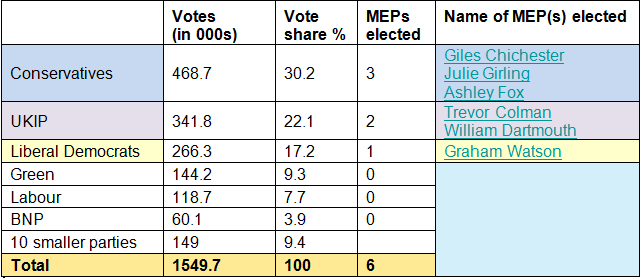
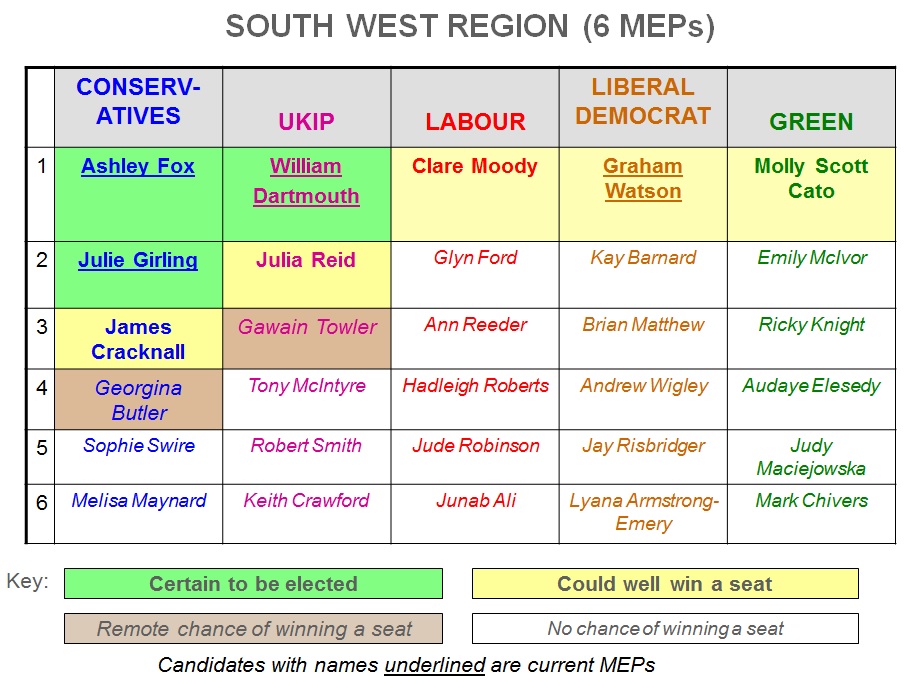






 Democratic Audit's core funding is provided by the Joseph Rowntree Charitable Trust. Additional funding is provided by the London School of Economics.
Democratic Audit's core funding is provided by the Joseph Rowntree Charitable Trust. Additional funding is provided by the London School of Economics.
If we get more than 2 UKIP MEPs I’m moving (to Wales or Scotland) Euro elections: what will happen in the South West? https://t.co/A5ksqRsVqB
Interesting article on today’s Euro elections – what will happen in the South West? https://t.co/8tt3CiSLi2
Good analysis here: Euro elections – what will happen in the South West? https://t.co/flbzHlyAAO via @democraticaudit
Prediction for EP elections in the South-West from @democraticaudit https://t.co/tgGOdvWEnO
Euro Elections – what will happen in the South West? https://t.co/a8gANaby7b
Euro Elections – what will happen in the South West? https://t.co/WUZdvnBOSp
Democratic Audit are running 12 great regional updates for UK’s Euro elections – here’s the one for the South West https://t.co/cjEeQB5owV
Democratic Audit’s great regional updates for Euro elections – here’s South West https://t.co/cjEeQB5owV & Northeast https://t.co/xlFWGxgGOF
Euro Elections – what will happen in the South West? https://t.co/sSFW8zcLiZ